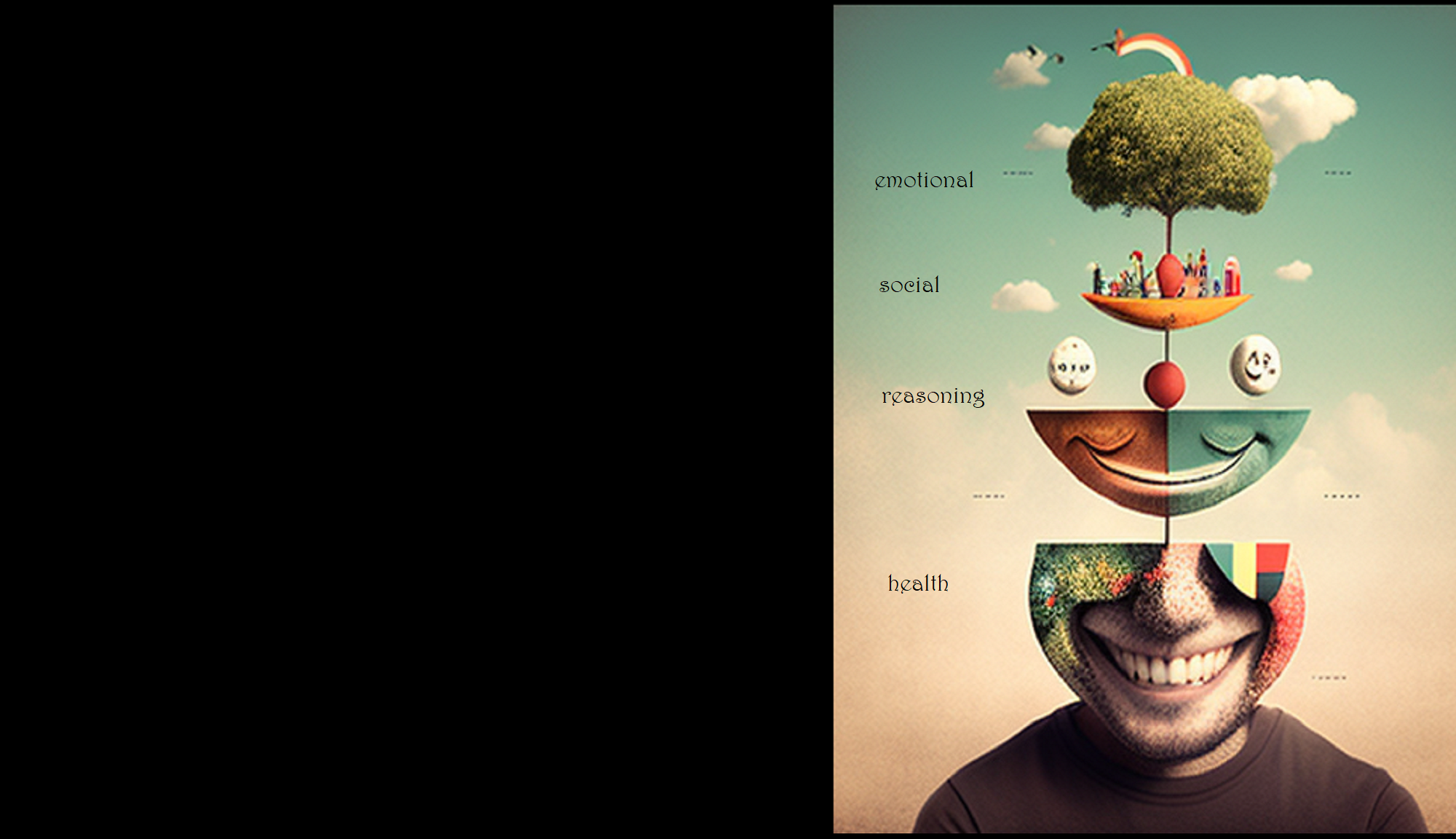A truly effective collaborative environment embraces vulnerability and the honest expression of limitations. This is a summary emphasizing the power of showing constructive weaknesses:
Elevating Collaborative Strength Through Honest Self-Respect and the Courage to Show Vulnerability:
The most potent collaborations arise not just from confident assertions but also from the honest expression of limitations, rooted in self-respect. When individuals feel secure enough in their value to openly acknowledge areas where their understanding or confidence is lacking, it creates vital opportunities for others to contribute their unique knowledge, skills, and experiences, leading to richer, more comprehensive outcomes.
Honest Self-Respect as the Foundation for Constructive Vulnerability:
A genuine sense of self-respect empowers individuals to be honest about their knowledge gaps or areas of uncertainty without feeling diminished. This isn’t about lacking confidence overall, but rather having the self-awareness and security to say, “This is where my understanding ends,” or “I’m less confident in this particular aspect.” This honesty, conveyed through congruent body language (e.g., open posture while admitting a lack of knowledge) and a sincere verbal tone, signals a commitment to truth and a willingness to learn.
The Power of Expressing Constructive Weaknesses for Collective Growth:
* Identifying and Funding Gaps in Understanding: When individuals openly express their limitations, they illuminate potential blind spots or areas requiring further investigation. This act of vulnerability becomes a catalyst for collective learning, prompting the team to recognize and address these gaps proactively.
* Encouraging Diverse Contributions: Acknowledging a weakness creates an invitation for others with relevant expertise to step in and contribute. It signals that their knowledge and skills are valued and needed, fostering a sense of shared responsibility and encouraging active participation from all team members.
* Fostering a Culture of Shared Learning and Development: When vulnerability is embraced and met with support rather than judgment, it cultivates a culture where learning is continuous and collaborative. Team members feel safer to ask questions, explore unfamiliar territories, and collectively expand their understanding.
* Building Stronger, More Comprehensive Considerations: The interplay of individuals honestly expressing their strengths and weaknesses leads to a more robust and well-rounded understanding of the task at hand. By pooling their diverse knowledge and addressing identified gaps, the team develops considerations that are more thorough and less prone to individual biases or oversights.
* Promoting Deeper Integration and Innovation: When gaps in understanding are openly addressed and collectively researched, the subsequent integration of this new knowledge is more seamless and impactful. This collaborative exploration often sparks innovative solutions that might not have emerged from individual efforts alone.
In essence, the ability to express constructive weaknesses, grounded in self-respect, is a highly tangible and invaluable skill in collaborative settings. It transforms potential vulnerabilities into opportunities for collective growth, ensuring that gaps in understanding are not hidden but rather actively sought out, researched, and integrated. This dynamic interplay, fueled by honest self-awareness and mutual respect, leads to stronger, more resilient, and ultimately more successful mutual developments.
